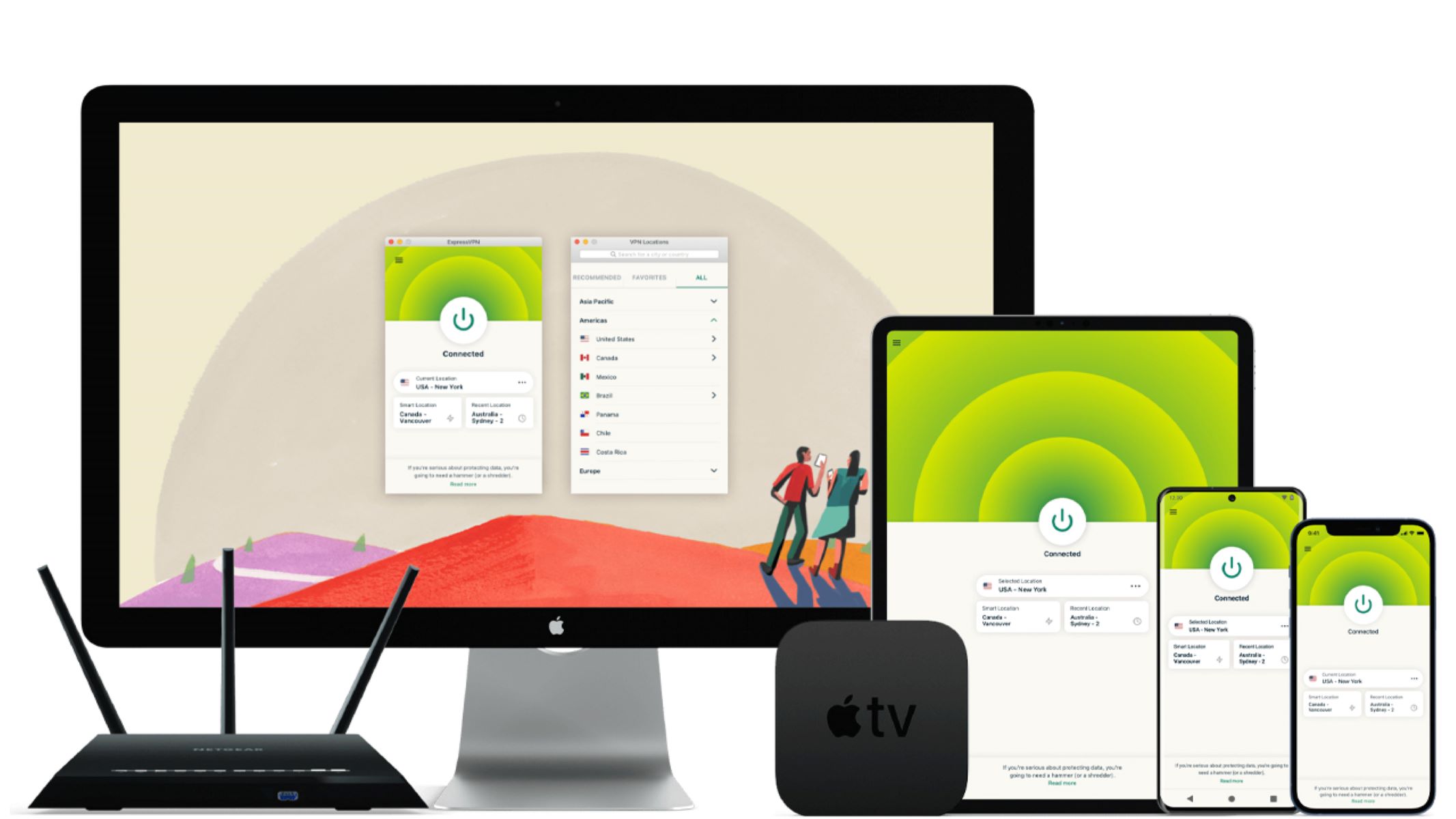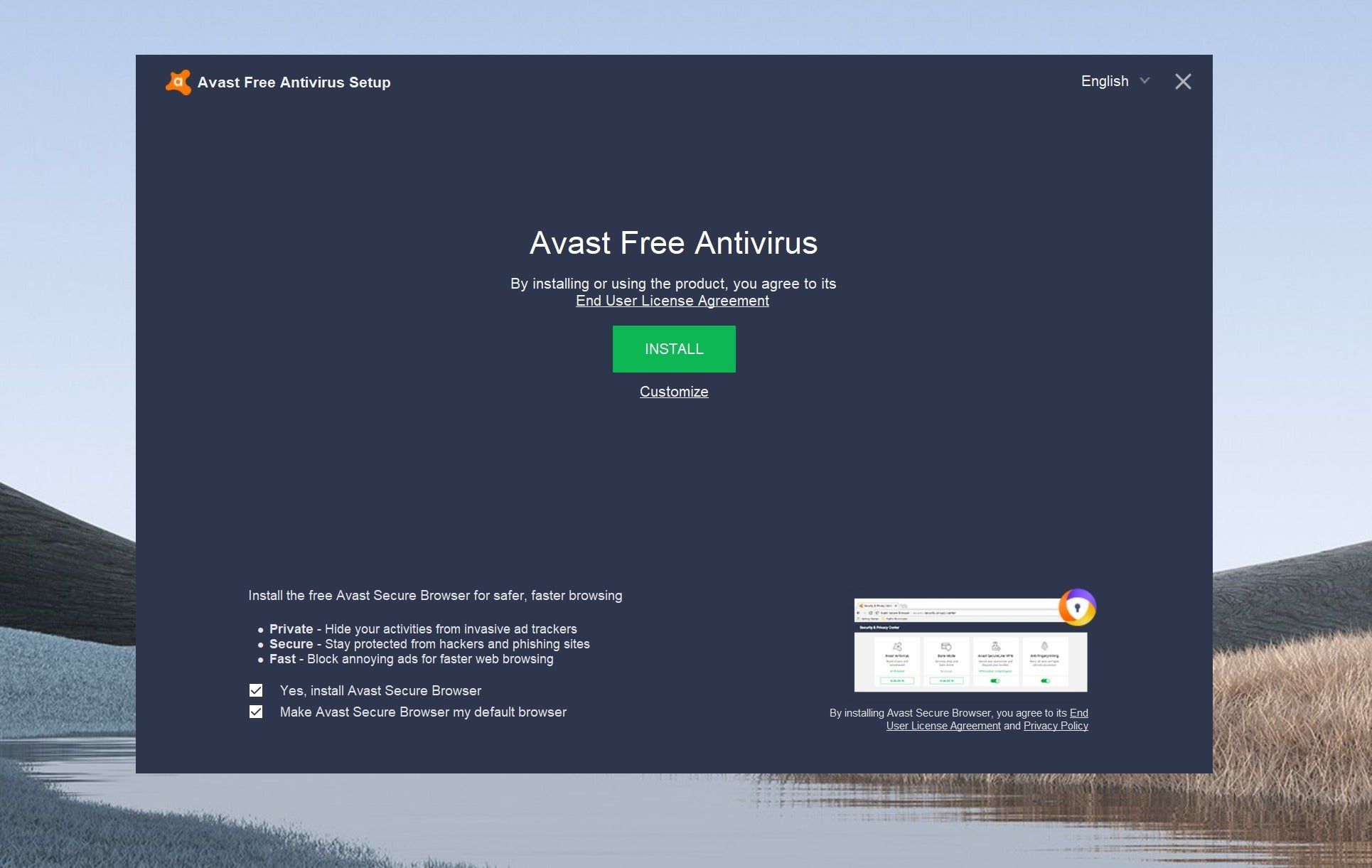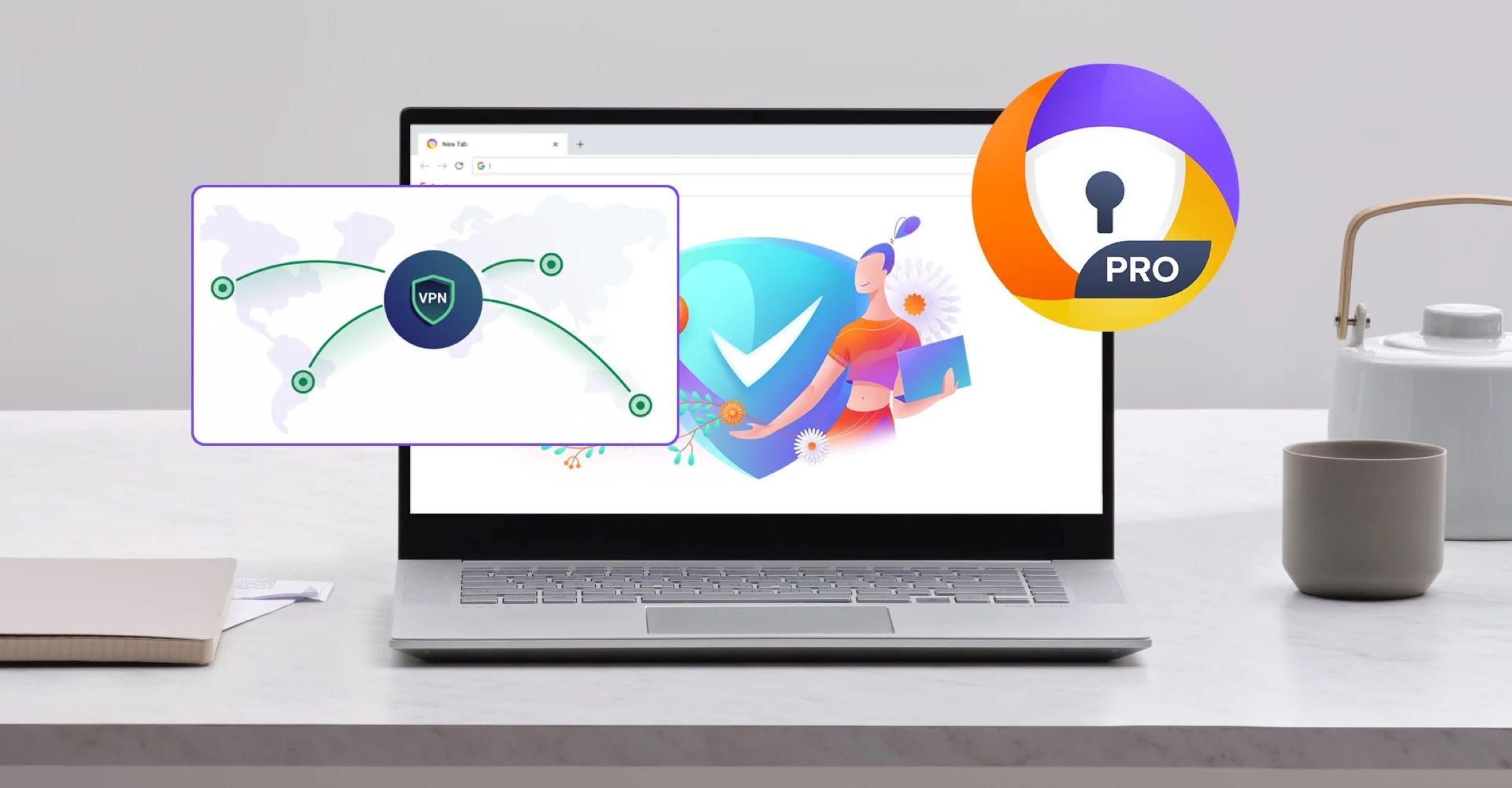The Federal Trade Commission (FTC) has taken action against antivirus giant Avast, prohibiting the sale of consumers’ web browsing data to advertisers. This move comes after Avast falsely claimed that its products would safeguard users from online tracking.
Key Takeaway
The FTC has banned Avast from selling users’ browsing data to advertisers, and the company has settled the charges by agreeing to a payment of
6.5 million. Avast’s actions compromised consumers’ privacy, and the sold data included sensitive information such as religious beliefs, health concerns, and political leanings.
FTC Settlement and Redress
Avast has settled the charges brought by the federal regulator by agreeing to a payment of $16.5 million. The FTC emphasized that this sum will serve as redress for Avast’s users, whose sensitive browsing data was unlawfully sold to advertising behemoths and data brokers.
FTC Director’s Statement
Samuel Levine, director of the FTC’s Bureau of Consumer Protection, condemned Avast’s actions, stating, “Avast promised users that its products would protect the privacy of their browsing data but delivered the opposite. Avast’s bait-and-switch surveillance tactics compromised consumers’ privacy and broke the law.”
Allegations Against Avast
The FTC revealed that Avast had been gathering customers’ online browsing habits for an extended period, including web searches and visited websites, through its browser extensions. Despite Avast’s claims that these extensions would enhance privacy by blocking online tracking cookies, the FTC alleged that Avast sold this data through its now-defunct subsidiary, Jumpshot, to over a hundred companies, generating tens of millions of dollars in revenue.
Sensitive Data Sold
The browsing data sold by Jumpshot exposed a range of sensitive information, including consumers’ religious beliefs, health concerns, political inclinations, and their locations. Furthermore, a joint investigation by Vice News and PCMag revealed that Jumpshot was selling this highly sensitive web browsing data to prominent companies such as Google, Yelp, Microsoft, Home Depot, and McKinsey.
Avast’s Response
Following the joint report by Vice News and PCMag, Avast promptly closed its Jumpshot subsidiary. Avast, which had over 430 million active users worldwide at the time, merged with Norton LifeLock in a deal worth $8.1 billion in 2021 and now operates under the parent company Gen Digital, which also owns the computer utility app CCleaner.

























